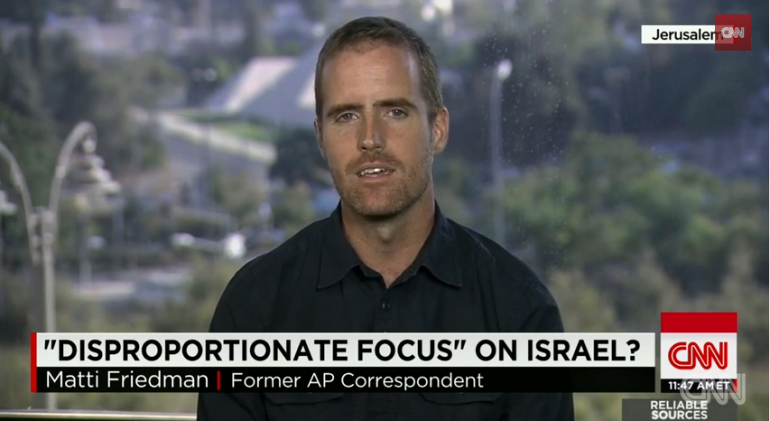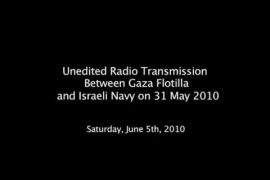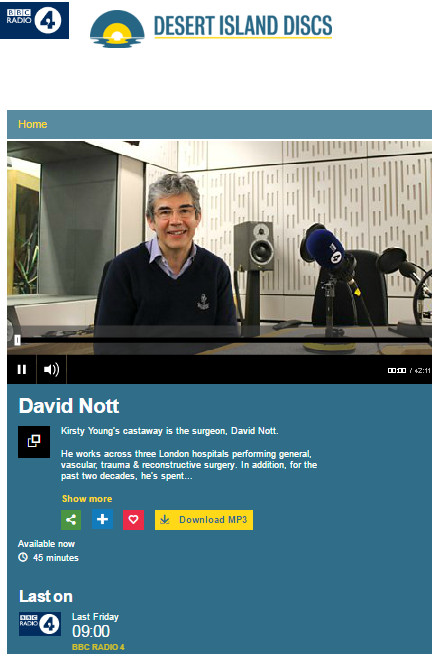A NY Times op-ed by former AP Jerusalem correspondent Matti Friedman (There is no ‘Israeli-Palestinian Conflict’, Jan. 16) is truly a must read, as it exposes a fundamental flaw in the basic premise which guides media coverage of Israel.
Here are some excerpts:
If you are reading this, you’ve likely seen much about “the Israeli-Palestinian conflict” in the pages of this newspaper and of every other important newspaper in the West. That phrase contains a few important assumptions. That the conflict is between two actors, Israelis and Palestinians. That it could be resolved by those two actors, and particularly by the stronger side, Israel. That it’s taking place in the corner of the Middle East under Israeli rule.
…
To someone here in Israel, all of this is…[hard] to understand. There isn’t an Israeli-Palestinian conflict in the way that many outsiders seem to think, and this perception gap is worth spelling out. It has nothing to do with being right-wing or left-wing in the American sense. To borrow a term from the world of photography, the problem is one of zoom. Simply put, outsiders are zoomed in, and people here in Israel are zoomed out. Understanding this will make events here easier to grasp.
In the Israeli view, no peacemaker can bring the two sides together because there aren’t just two sides. There are many, many sides.
…
Today Israel’s most potent enemy is the Shiite theocracy in Iran, which is more than 1,000 miles away and isn’t Palestinian (or Arab). The gravest threat to Israel at close range is Hezbollah on our northern border, an army of Lebanese Shiites founded and funded by the Iranians.
The antiaircraft batteries of the Russians, Iran’s patrons, already cover much of our airspace from their new Syrian positions. A threat of a lesser order is posed by Hamas, which is Palestinian — but was founded as the local incarnation of Egypt’s Muslim Brotherhood, affiliated with the regional wave of Sunni radicalism, kept afloat with Qatari cash and backed by Iran.
If you see only an “Israeli-Palestinian” conflict, then nothing that Israelis do makes sense. (That’s why Israel’s enemies prefer this framing.) In this tightly cropped frame, Israelis are stronger, more prosperous and more numerous. The fears affecting big decisions, like what to do about the military occupation in the West Bank, seem unwarranted if Israel is indeed the far more powerful party.
That’s not the way Israelis see it.
Many here believe that an agreement signed by a Western-backed Palestinian leader in the West Bank won’t end the conflict, because it will wind up creating not a state but a power vacuum destined to be filled by intra-Muslim chaos, or Iranian proxies, or some combination of both. That’s exactly what has happened around us in Gaza, Lebanon, Syria and Iraq
We strongly suggest you read the rest of the op-ed here.
Related Articles:
- Important speech about coverage of Israel by Matti Friedman (UK Media Watch)
- BBC WS ‘Heart and Soul’ discusses internal Israeli affairs (BBC Watch)
- Forward op-ed calls for housing segregation (CAMERA)




